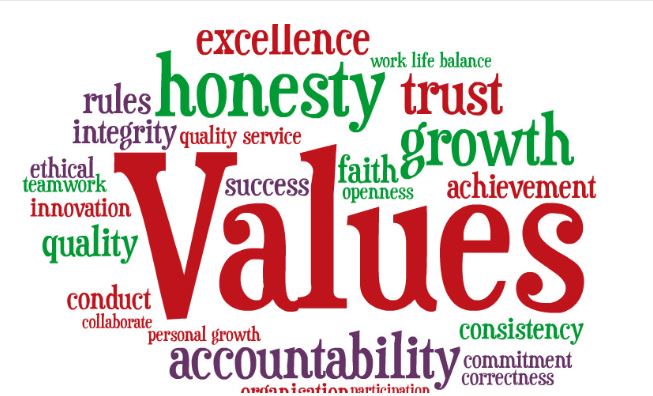
As a Muslim entrepreneur, I have always believed that business and faith are not mutually exclusive. In fact, our Islamic values and principles can serve as a powerful guide for conducting business with integrity and ethics.
In today’s fast-paced and often cutthroat business environment, it’s easy to get caught up in the pursuit of profit and success at any cost. But as Muslims, we are called to a higher standard.
The Quran reminds us that our actions will be accounted for on the Day of Judgment, and that we will be rewarded or punished accordingly. This sense of accountability should motivate us to conduct our business affairs with honesty, transparency, and fairness.
So, what does it mean to conduct business with Islamic ethics?
1. Honesty and Transparency
As Muslims, we are commanded to be truthful and honest in all our dealings. This means being transparent in our business practices, avoiding deception and fraud, and keeping our promises.
2. Fairness and Justice
Islam teaches us to be fair and just in all our interactions, including business. This means treating our customers, employees, and partners with respect and dignity, and avoiding exploitation or manipulation.
3. Accountability
As I mentioned earlier, we will be accountable for our actions on the Day of Judgment. This sense of accountability should motivate us to be responsible and answerable for our business actions.
4. Compassion and Empathy
Islam teaches us to be compassionate and empathetic towards others. In business, this means being understanding and supportive of our customers, employees, and partners, and avoiding actions that may harm or exploit them.
5. Stewardship
As Muslims, we are entrusted with the resources and wealth that Allah has given us. In business, this means being responsible stewards of our resources, avoiding waste and extravagance, and using our wealth to benefit others.
In conclusion, conducting business with Islamic ethics is not just a moral obligation, but a strategic advantage. By operating with integrity, transparency, and fairness, we can build trust with our customers, employees, and partners, and create a sustainable and successful business.
As the Prophet Muhammad (peace be upon him) said, “The honest merchant will be with the prophets, the truthful, and the martyrs on the Day of Judgment.”
May Allah guide us to conduct our business affairs with integrity, ethics, and Islamic values.
Your brother in Islam,
Bukenya Sulaiman



